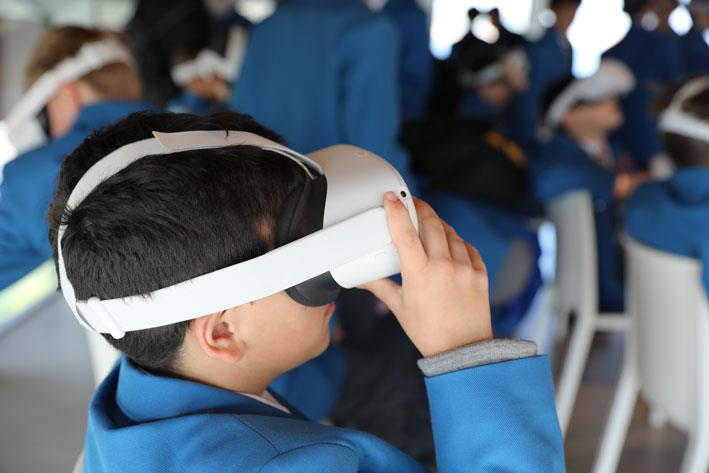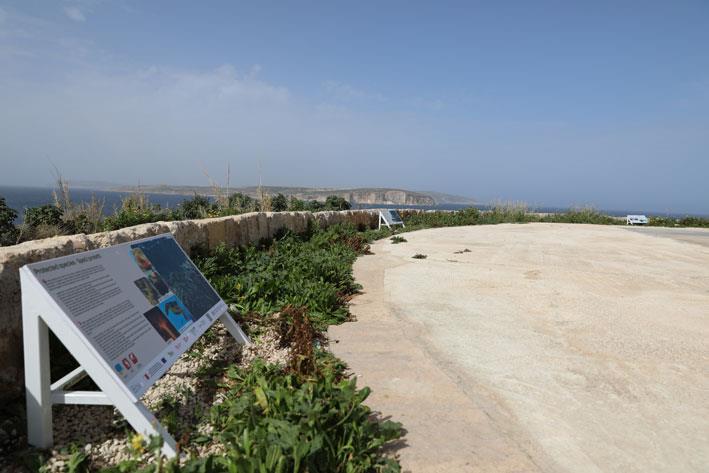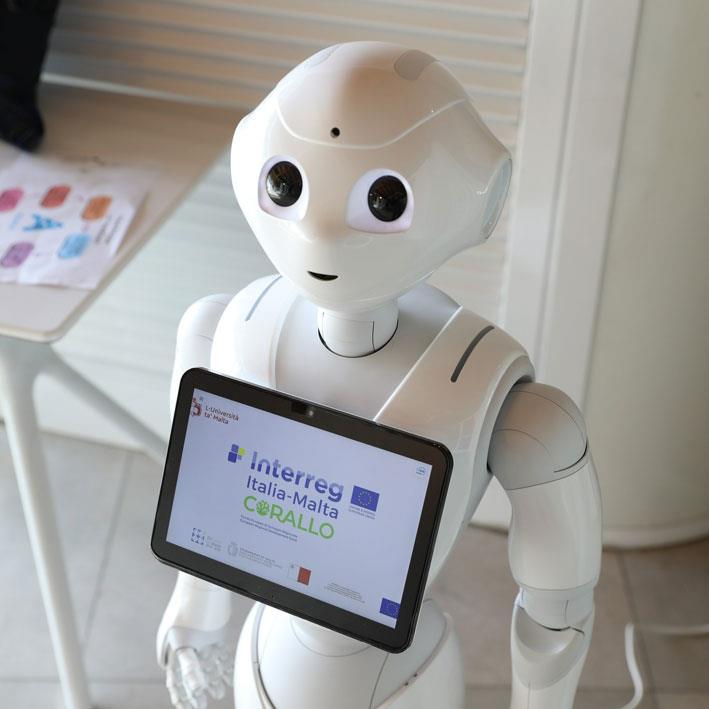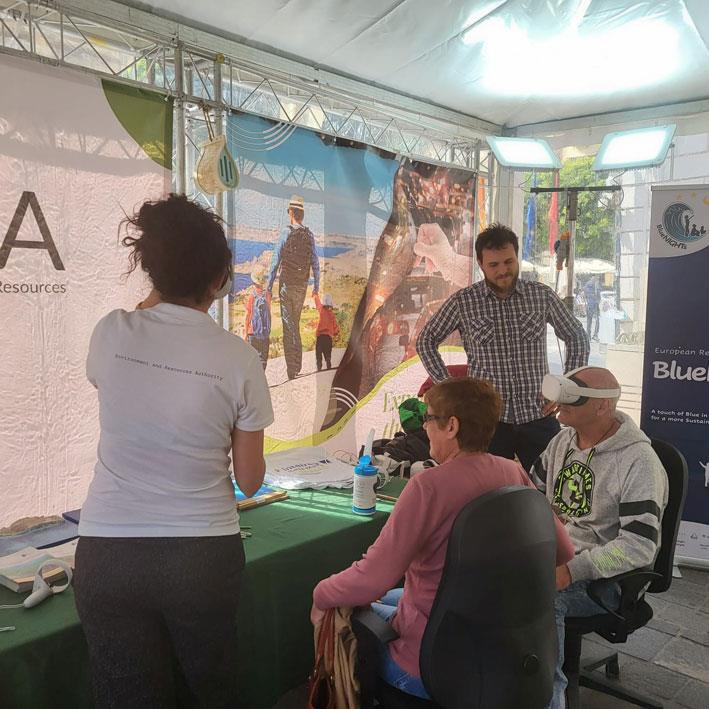The Corallo project was born from an initiative to raise further awareness about marine protected environments between Malta and Sicily. This project has given the opportunity for the project leaders to invest in technological and interactive tools to enhance the marine protected environment experience.
Maltese and Gozitans enjoy the idea of a day at the beach, a day out on a boat or just taking in the view of the sea. The more adventurous enjoy diving in our picturesque underwater landscapes around the islands, perhaps visiting a wreck or two. Tourists flock to the country wanting to experience life by the sea during the summer months.

All this activity, as well as intense urbanisation pressure, intensifies the need to ensure the protection of both our land and sea environment. The Maltese islands are home to environmentally protected areas known as Natura 2000 sites. These sites can be located both on land and also at sea - The latter known as 'Marine Protected Areas'. The three year EU funded CORALLO project, was born to promote ocean literacy and sustainable enjoyment amongst children, the general public, tourists and maritime users. This has given rise to the installation of tools to better inform the public about these underwater protected environments.
Few locals are knowledgeable about the species, flora and fauna that can be found in these Marine Protected Areas, and also about the responsibility for sustainable enjoyment of these zones.

During the project's lifetime, CORALLO partners have installed digital literacy tools at the Għar Dalam Museum and the Ħaġar Qim/Mnajdra archaeological park. Both sites are operated by Heritage Malta. Another site, the White Tower Bay visitors' centre (Torri tal-Aħrax), jointly operated by Din l-Art Ħelwa and by the Malta Tourism Authority (MTA) has also received new awareness raising tools. Tools placed within these visitor centres include the humanoid robot Gamblu, VR headsets and a hologram at Ħaġar Qim / Mnajdra, an interactive totem at Għar Dalam, and informative panels on endemic species and responsible behaviour at the White Tower.

Gamblu has a touchscreen tablet on his chest that allows users to interact and navigate through informative video clips, a question-and-answer quiz and the ability to take a selfie. Another device - is a windmill-shaped gadget that creates holographic illusions of swimming blue whales followed by schools of fish. Meanwhile, the VR headsets take you on a 360° underwater experience along the seabed and through rocky caverns. The totem at Għar Dalam offers a child-friendly quiz about endemic local species through its interactive interface. A media gallery displays local flora and fauna and, video clips speak about the Għar Dalam cave, its history and surroundings. This totem supports a text to speech facility for the visually impaired.

CORALLO's innovation brings together the impact of these digital tools and the knowledge of Mediterranean marine assets to anyone wishing to learn more about local maritime diversity in an interactive and 3D manner. Such equipment attracts young and old alike to dive deep into the sea and enjoy this underwater world through the latest technology. It offers an immersive experience and informs people about the beauty of these ecological sites, their vulnerability and stresses the importance of caring for these sites, while enjoying them without causing any adverse impacts.
Over these past months, CORALLO has been to Green Fest in Valletta, the Fee fest organised by Eko Skola, public service week, and has held various informative sessions to promote the sustainable enjoyment of these sites, as well as the appropriate codes of conducts for different sea users with regards to the maritime space.
Responsible enjoyment goes beyond the present. Visitors, including tourists need to appreciate the importance of sustaining these natural assets and coastal beauties for future generations.
This project was led by the University of Malta and coordinated by marine biologist Professor Alan Deidun. The Environment and Resources Authority - ERA, and Heritage Malta are the two other local partners involved in this project.
Sponsored Content